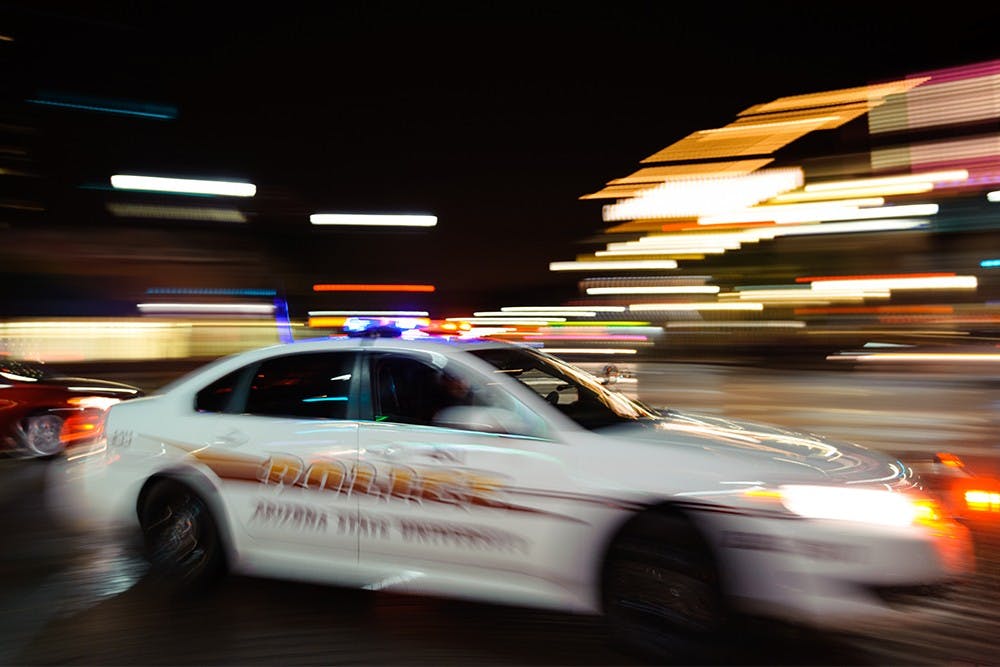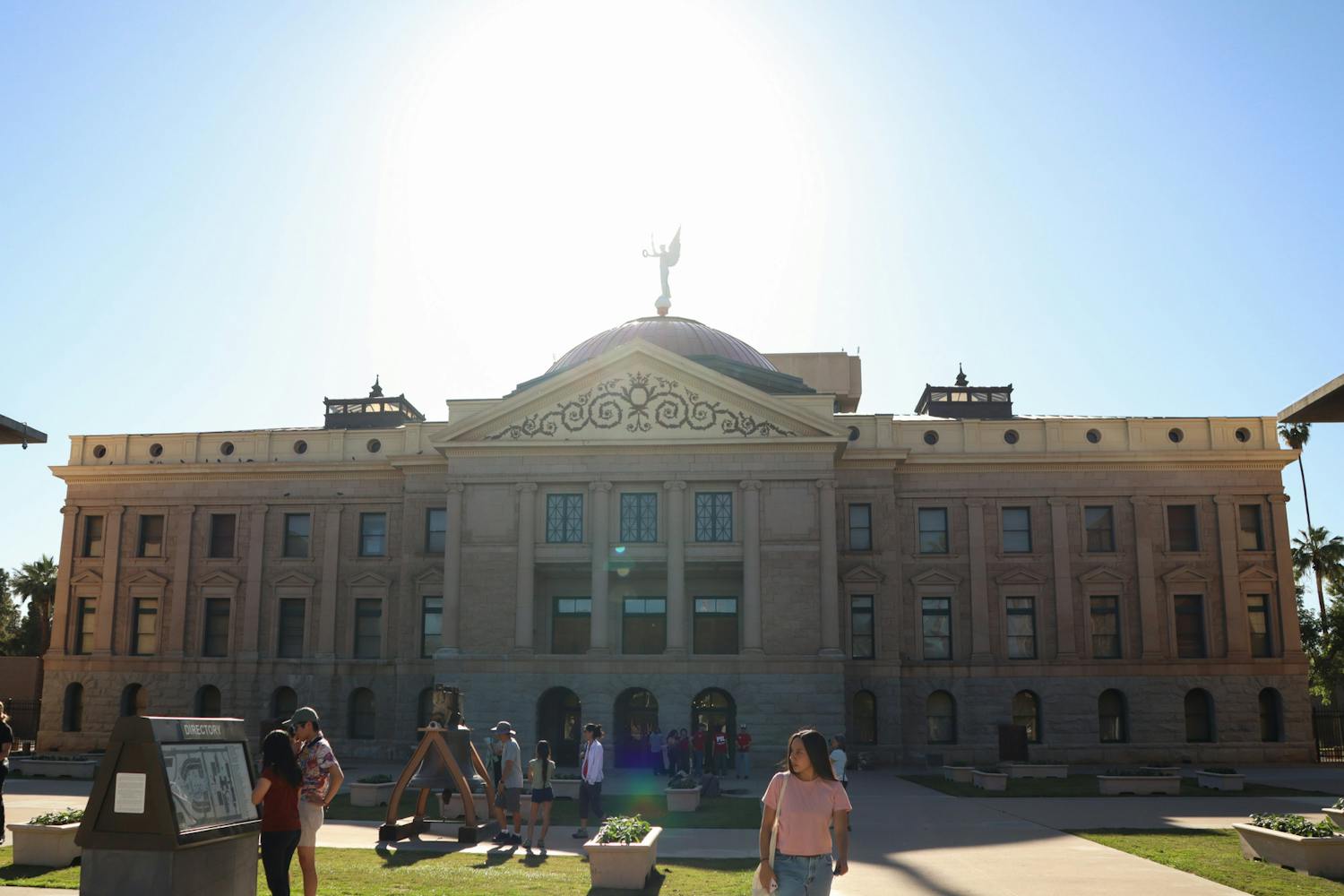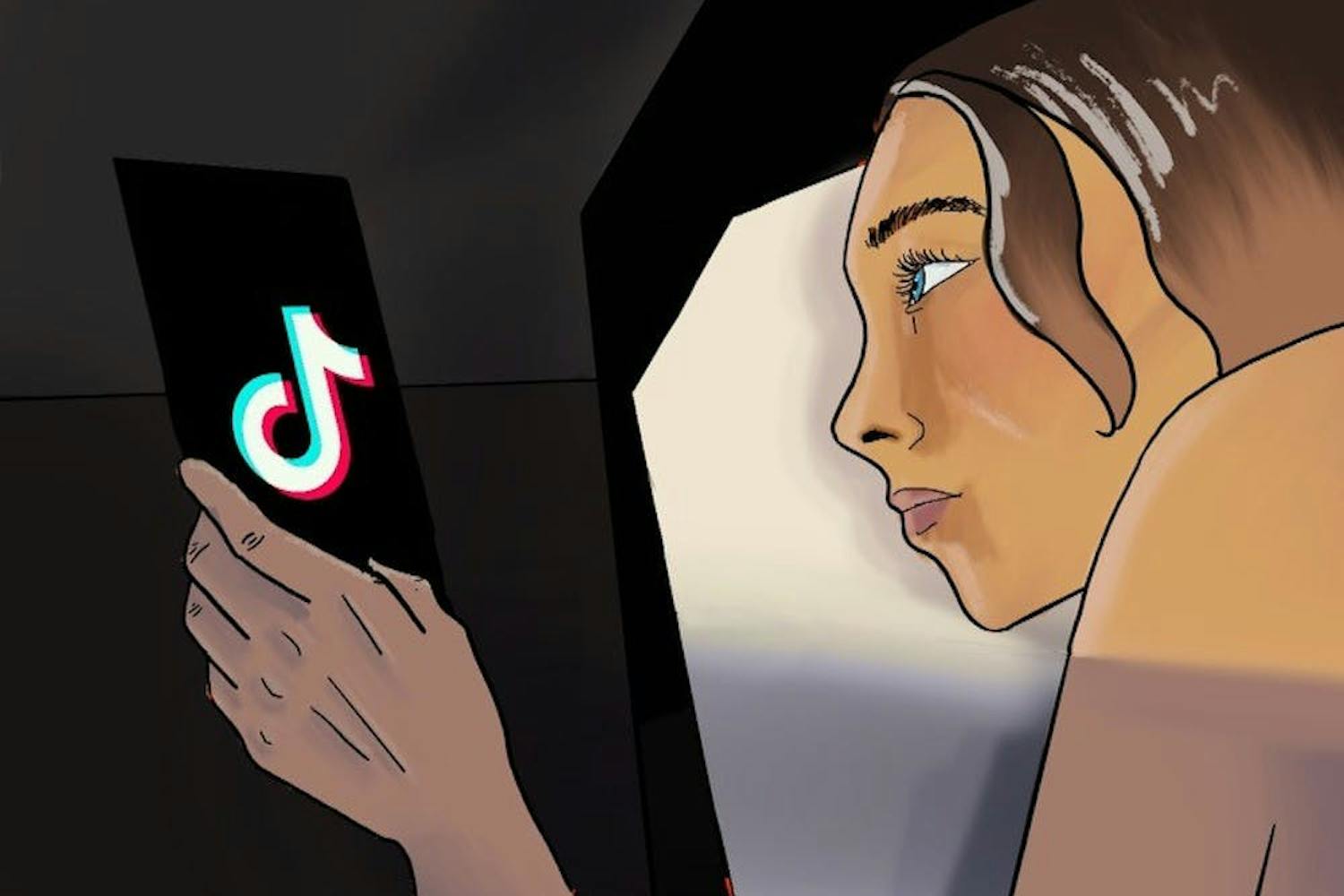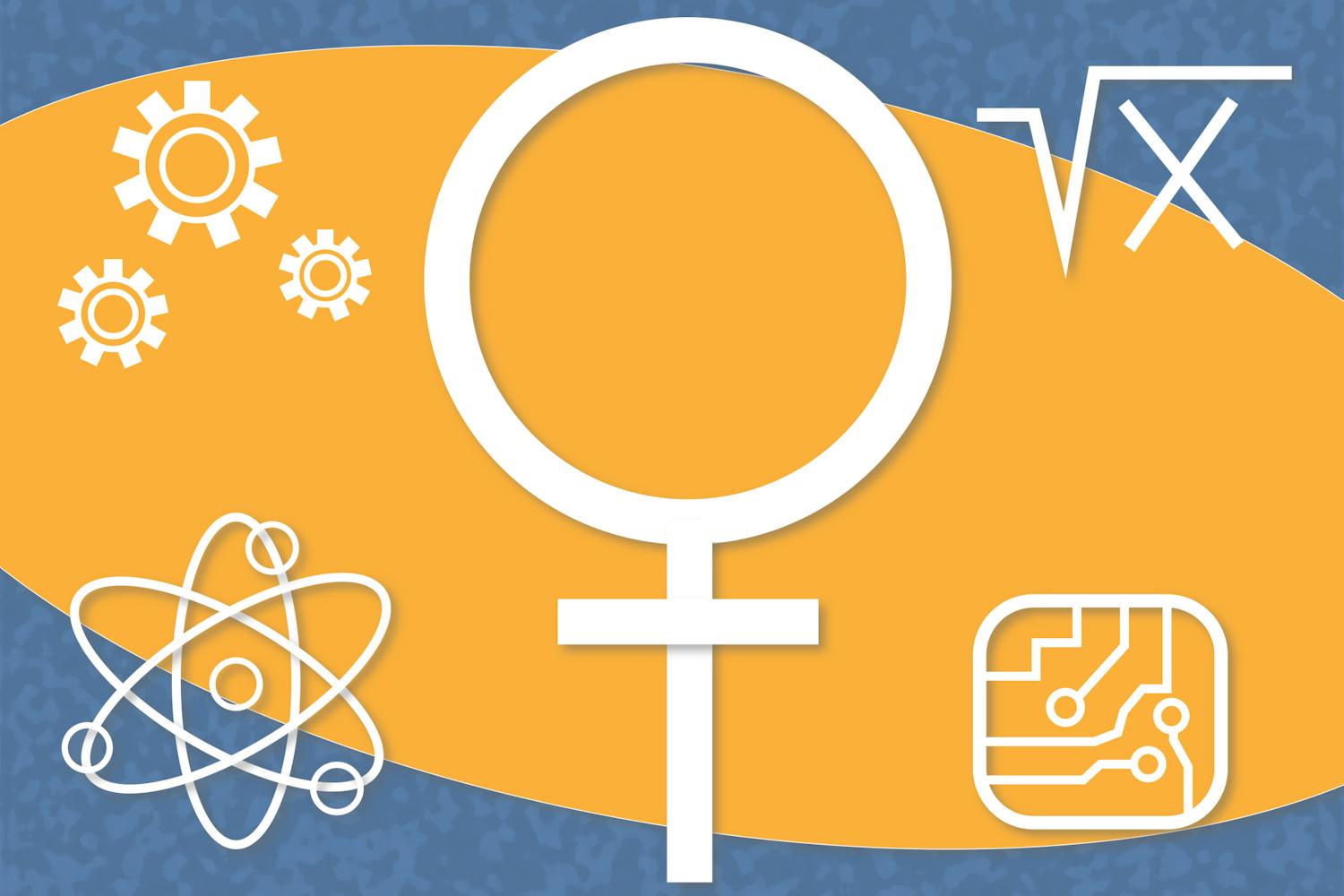In my high school government class, we had to memorize the first 20 amendments of the U.S. Constitution. At the time, it seemed like a tedious exercise.
My teacher gave us pocket-sized constitutions, and I lost mine within the week. As I wandered from classroom to classroom, I only occasionally glanced at the posters of the Bill of Rights invariably hung on each classroom wall.
Like many students, I’ve slowly come to realize what the rights I’ve been provided by this country actually mean. Understanding what your rights mean translates into understanding how your rights can or cannot be violated, and also how you can or cannot exercise them. As students, it’s critical that we’re aware of our rights — whether they be constitutional, legal or contractual.
Despite living in a country that prides itself on its enshrined rights and liberties, and that often attempts to spread those rights and liberties elsewhere, Americans know surprisingly little about their legal rights.
Newseum conducted a survey in which they asked Americans to name the five freedoms guaranteed by the First Amendment. While 57 percent of respondents named freedom of speech, only 19 percent brought up freedom of religion, followed by 10 percent naming freedom of the press, 10 percent mentioning the right to assemble and two percent identifying the right to petition. Thirty-three percent of respondents could not name any of the five rights.
Furthermore, the Newseum report notes, “Over the past year, those naming freedom of speech decreased from 68 to 57 percent, freedom of religion decreased from 29 to 19 percent, and freedom of the press declined from 14 to 10 percent.”
As college students, we often pride ourselves on being agents of social change. Still, in order to be active participants in a democracy, we must know the intricacies of the rights that enable us to be social activists. As Americans, our ability to lead and participate in democratic movements is hindered if only 2 percent of our population can identify what protects our legal right to petition.
In addition to First Amendment issues, it’s critical that students are aware of their rights when interacting with law enforcement.
Anyone who’s watched enough TV can probably recite the first few sentences of their Miranda rights, but the issue of legal rights like "the right to remain silent" can be complicated in practice.
The American Psychological Association stated in a press release that Dr. Richard Rogers, a psychology professor at the University of North Texas, analyzed 9.2 million arrests in 2009 and estimated that of those arrests, 976,000 exhibited some problem with Miranda warnings.
According to the APA, Rogers also conducted a survey of both undergraduate students and pretrial defendants using true or false questions about Miranda rights. He found that “31 percent of the defendants and 36 percent of the undergraduates wrongly believed that their silence could be used as incriminating evidence at trial.”
This lack of knowledge is significant not only in the potential case of a student’s future arrest, but also if a student was called for jury duty, among other potential scenarios.
One of the powerful things about constitutionally-based rights such as Miranda rights is that they are — or at least should be — a constant and equal factor regardless of location. Sgt. Larry Fuchtman of the ASU Police Department explained that in terms of constitutional rights, “Realistically, the university is not different from anywhere else in the U.S.”
Fuchtman maintained that the protection of constitutional rights is of the utmost importance to ASUPD. As police officers, “The first thing we swear to do is to protect you, the citizen, from us, the government,” he said. “The second thing we swear to do is uphold the law.”
To use student privacy as an example, ASUPD would need probable cause and a warrant to search a student’s place or person on campus (unless an established exception to search and seizure law existed).
The issue of student privacy becomes more complicated, however, with the introduction of on-campus housing and student housing agreements. When a student lives on campus, the relationship between the student and ASU University Housing becomes a landlord-tenant relationship. As is dictated by University policy and reflected in the student housing agreement, University Housing is authorized to enter student rooms to verify property or investigate Code of Conduct violations.
Clearly, as we introduce variables like landlord-tenant agreements and the increasing reach of technology, the issue of what a reasonable expectation to privacy is and where it exists becomes muddled. Despite these complications, if students take the time to educate themselves about the rights they ought to expect, they will have the resources to stand up for themselves in case these rights are infringed upon.
As far as ASUPD is concerned, Fuchtman said the Department is constantly engaging in conversations with students about their rights in different situational experiences.
Still, Fuchtman notes that, in his personal opinion, it can be problematic to focus only on identifying personal rights without first considering personal responsibilities. For him, the first thing you should consider in any given situation is whether you’ve fulfilled your responsibilities as a citizen.
“Responsibility comes before rights, and if everybody worried about being responsible before they tried to protect themselves with their rights, I think we would have a much better community, a much safer community,” he said.
While social responsibility is crucial, being equipped with a knowledge of rights is arguably equally valuable to fulfilling social responsibilities. Ideally, the two would work together. In fact, perhaps one of our greatest social responsibilities as students in a democratic society is to be aware of our rights, and to share this knowledge with those who may lack access to that information.
In the U.S., rights are violated every day, and many victims of rights violations are themselves responsible citizens caught in misunderstandings or miscarriages of justice.
Our rights are the basis of our opportunities. As students, as leaders and as Americans we have both the privilege and the duty to fight for them.
Interested in learning more about your rights? Visit the American Civil Liberties Union’s Know Your Rights page.
Reach the columnist at maarmst7@asu.edu or follow @MiaAArmstrong on Twitter.
Editor’s note: The opinions presented in this column are the author’s and do not imply any endorsement from The State Press or its editors.
Want to join the conversation? Send an email to opiniondesk.statepress@gmail.com. Keep letters under 300 words and be sure to include your university affiliation. Anonymity will not be granted.
Like The State Press on Facebook and follow @statepress on Twitter.




